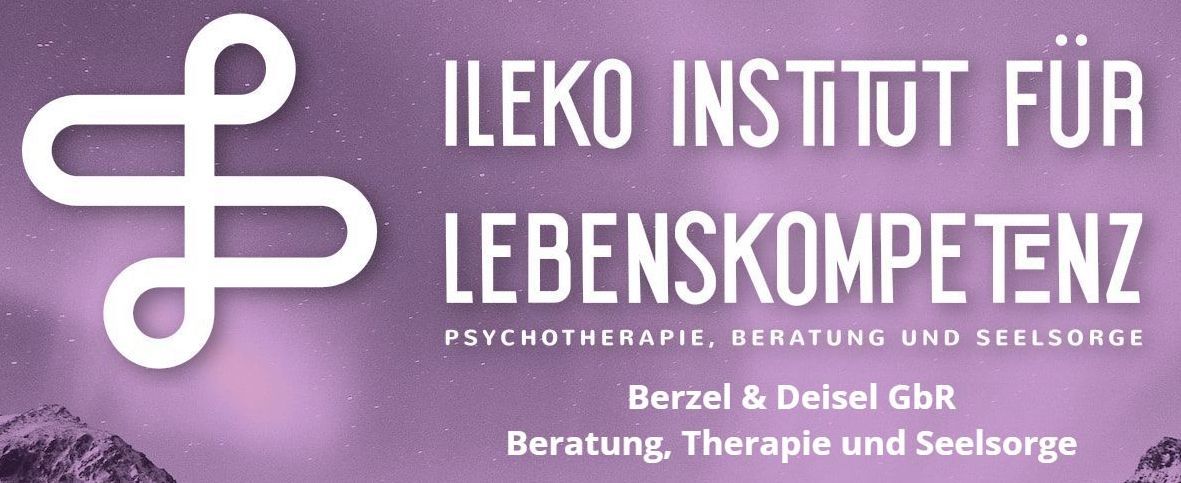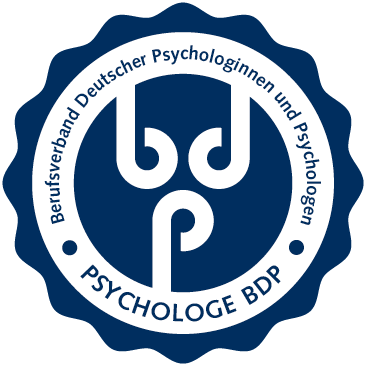Autgenes Training
- Influences physical processes through the power of imagination.
- Enables the achievement of a pleasantly deep state of relaxation through relaxed imagery.
- Relieves physical and emotional/mental tension. A sense of well-being is achieved.
- Through regular autogenic training, stress tolerance is sustainably increased and stress symptoms are reduced.
Progressive muscle relaxation according to Jacobson (PMR)
By tensing and then relaxing muscle groups, a pleasant, deep state of relaxation is achieved.
Progressive muscle relaxation (also called Jacobson relaxation)
- is easy to learn
- shows rapid results
- strengthens body awareness and body feeling
- reduces tension
- has been tried and tested many times and its effectiveness has been scientifically proven
Progressive muscle relaxation can be used anywhere. It's a great help, even in stressful situations!
Stress reduction
multimodal stress prevention
A training program to optimize personal stress management
The goal of this program is to help you approach everyday tasks with calm and energy again. You'll gain a deeper understanding of yourself and how you deal with stress and pressure. The training is unique in that it doesn't offer advice or one-size-fits-all solutions, but rather encourages you to find your own way to deal with stress in a calm and healthy way. In the course, you'll learn a lot about stress, the various coping strategies, and relaxation and regeneration.
A training for everyone who is in the prime of life and who wants to enjoy life healthily and to the fullest.
Resilience
Resilience is the psychological resilience of humans.
Resilient people are demonstrably more successful professionally, more emotionally stable, and physically and mentally healthier. They adapt better to change and experience fewer psychological crises. Resilient people respond more consciously to life's interactions and are generally more resilient.
retreats
Spiritual exercises are a path of spiritual practice with periods of silence, prayer, reflection on one's own life, and inner alignment with God. They can be characterized by periods of scripture meditation as well as contemplation, a silent presence before God.
They take place away from the usual everyday life and usually last 5 – 10 days or take place in everyday life (exercises in everyday life).
They are geared toward the individual's personal path. Depending on the program, community and group elements are more or less pronounced.
Individual retreats based on Ignatian principles invite us to explore our longing for a deeper, living relationship with God. They are firmly rooted in the spiritual and mystical tradition of Christianity.
They are aligned with the promises of the biblical message and are intended to help us see our own path better.
Spiritual direction helps a person, with all that belongs to them, to seek and follow their own path with God, to find their own spiritual source and draw from it. It contributes to creating the conditions under which the work of the Holy Spirit can unfold. Thus, spiritual direction has no other goal than to support an ever-increasing openness to the work of God.
Self-awareness
"Once someone has a character, they have developed a rigid system. Their behavior becomes petrified, predictable, and they lose their ability to cope with life freely and to their full potential. They are predestined to deal with events only in one way, namely, in the way their character dictates. It seems paradoxical when I say that the richest person, the most productive and creative person, is the one who has no character." (Fritz Perls)
Methods
The methods used are based on principles that are also valid for Gestalt therapy, including: the here and now principle, the figure-ground principle, and the contact principle.
Likewise, various methods and interventions, media and materials of Gestalt therapy are used - each oriented towards the individual client and his or her (developmental) process and needs.
Effects and objectives
personal growth
personality development
the development and promotion of identity
additional services
© 2026
All Rights Reserved | ILEKO Institute for Life Skills





